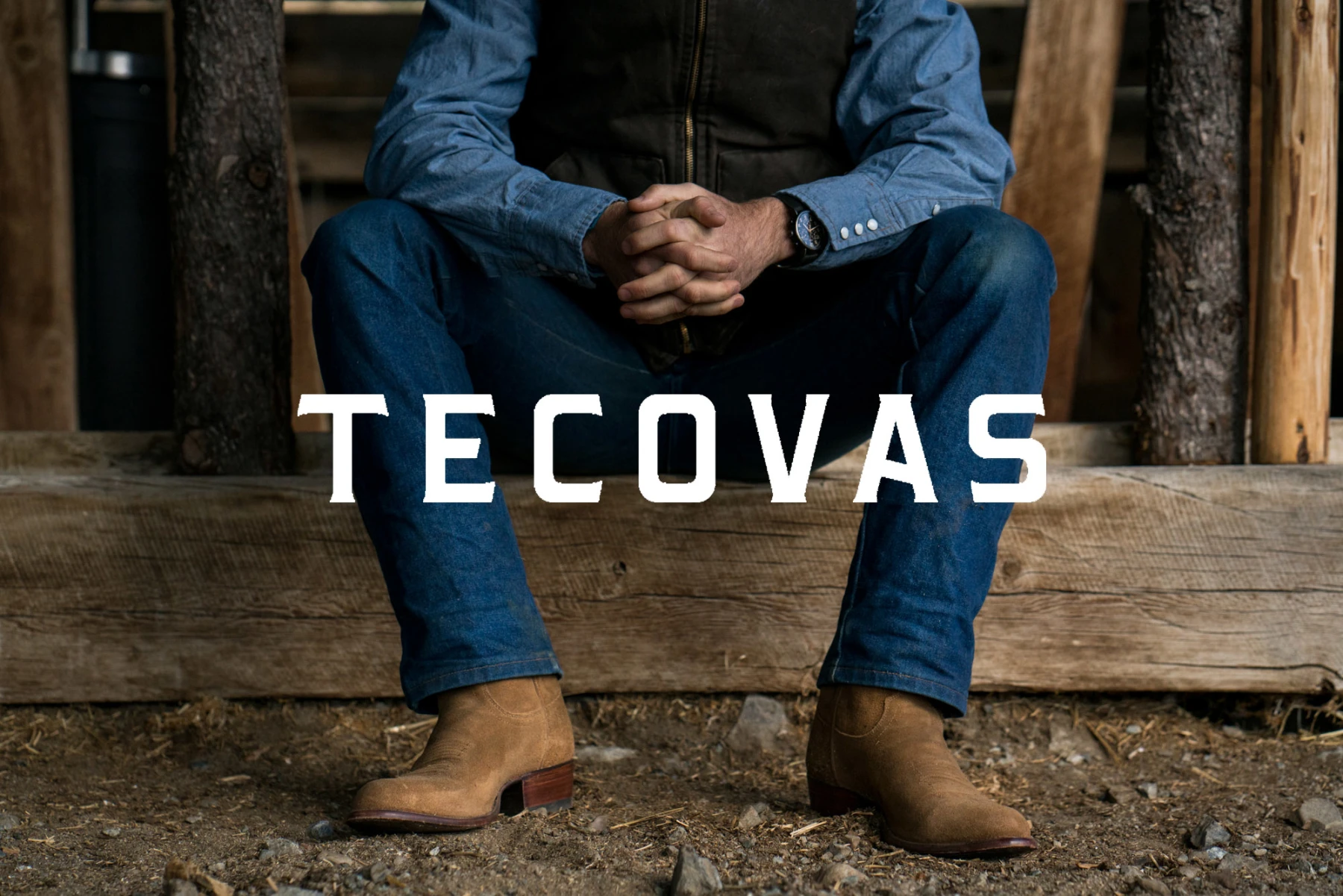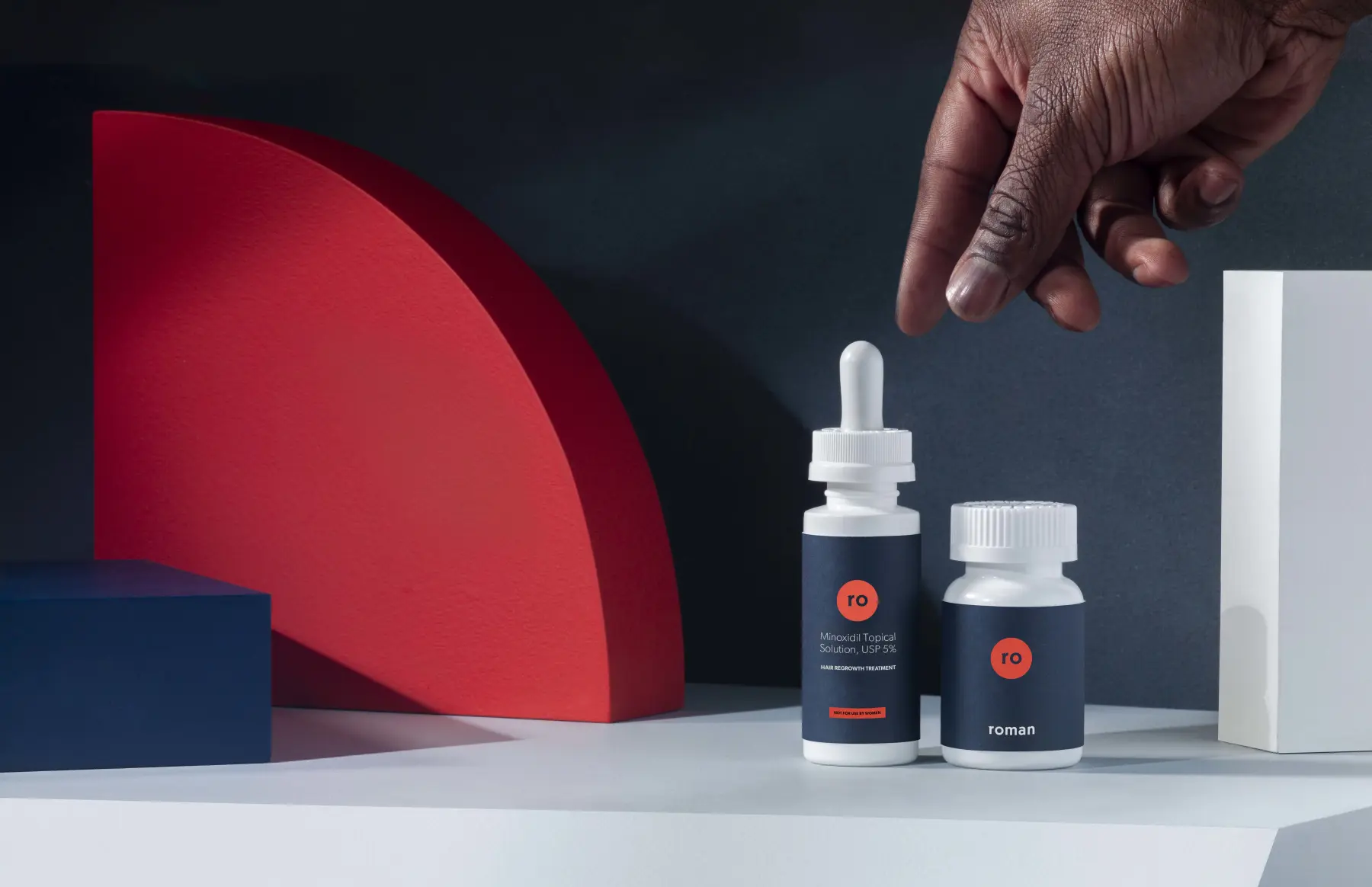
Marketing Minds: Fubo’s Alberto Horihuela Discusses the Power of TV Advertising to Grow a TV Platform
“Ironically, as a TV-focused business, it took us a while to embrace the very medium we operated in. Once we did, we saw firsthand the immense credibility and scale TV could deliver.”
Since launching in 2015 as a soccer-centric streaming service, Fubo has evolved into a live TV platform offering a broad range of national and regional sports, news, and entertainment programming. Fubo has continuously pushed the boundaries of live TV streaming, and was the first virtual MVPD to launch 4K streaming, and personalized game alerts. Today, it is ranked among The Americas’ Fastest-Growing Companies 2025 by the Financial Times.
We spoke with Fubo’s Co-founder and Chief Operating Officer, Alberto Horihuela, about everything from the early days of building a TV platform for underserved sports fans to the evolution of their growth strategy, including how they used TV advertising to scale their TV business.
Q: Can you share the key turning points that led to your pivot from a career as an economist to becoming a serial entrepreneur and what unexpected skills from those earlier experiences proved most valuable?
The journey from economist to entrepreneur might seem unusual at first, but there's a common thread: curiosity. Growing up in Cuba, I developed a deep fascination for markets, particularly because of my personal experience living under a communist system. Economics taught me critical frameworks of thinking - opportunity cost, sunk costs, incentive alignment - all of which have proved incredibly valuable as an entrepreneur and executive at Fubo. However, the real turning point was realizing I wanted to build and create rather than just analyze.
Entrepreneurship was always in my DNA; even as a child I can remember selling balloons to classmates. I eventually combined that drive with the analytical rigor from my UChicago training, which was key to building Fubo, especially in our early days when every decision had to be laser-focused and data-driven.
Q: What specific market gap or opportunity drove you to co-found Fubo? What core problem were you setting out to solve?
We started Fubo because the experience of being a sports fan, particularly a soccer fan, in the U.S. was pretty terrible. Back then, it was hard to find international soccer leagues and matches. Watching your favorite team meant juggling multiple subscriptions, dealing with a fragmented TV landscape, and constantly wondering, "Where can I watch the game today?" It was clear there was a massive consumer pain point, so we brought that content to Fubo. Today, ironically, this fragmentation has worsened in different ways, especially as U.S. sports rights are now spread across many publishers, underscoring our mission more than ever. At its core, Fubo is about simplifying sports entertainment, aggregating great content in one intuitive platform that really complements the sports viewing experience and turns frustration into delight for sports fans.
Q: You mentioned sports played a big role in the idea for Fubo. Looking ahead, how do you see live sports programming evolving over the next decade, and what role will streaming platforms like Fubo play in shaping that future experience for fans?
Sports programming is evolving rapidly, and younger audiences now expect personalized, short-form content that fits their busy, distracted lives. Over the next decade, I think we'll see fans demand the ability to quickly access highlights and engage with sports content on their own terms. Fubo’s role is pivotal: we are heavily investing in AI and personalization systems to ensure fans don't just watch the game - they experience the moments that matter most to them. Our goal is to lead this shift, creating a deeply personalized, engaging, and frictionless sports-viewing experience.
Q: Thinking about your role as an advertiser, did you start with any other ad channels before turning to TV to drive subscriptions?
Absolutely. Initially, we focused exclusively on digital—paid search, social, mobile, etc., because attribution was straightforward (at least it was initially). Frankly, we were skeptical about TV. It seemed opaque, expensive, and unmeasurable. Our first attempts weren't encouraging. But things changed when we partnered with Tatari (not a paid plug, I promise), who brought digital-level precision to TV advertising. Ironically, as a TV-focused business, it took us a while to embrace the very medium we operated in. Once we did, we saw firsthand the immense credibility and scale TV could deliver.
Q: How do you view the role of linear TV in your advertising strategy? How are you balancing linear and streaming advertising?
Linear TV is critical for building broad brand awareness and trust; it’s the ultimate stamp of legitimacy in consumers’ minds. At the same time, streaming advertising offers precision targeting and deep data insights. We balance both carefully, constantly testing and adjusting, but ultimately we let the ROAS gods be the driver.
Q: How do you measure performance, and what does success for you as an advertiser look like?
We are obsessively data-driven. Success for us boils down to two key metrics: subscriber acquisition cost and customer lifetime value (LTV). It’s not just about acquiring subscribers; it’s about acquiring the right subscribers - the ones who stick around. We've developed predictive models that help us identify these high-value customers upfront. So, success means efficiently attracting users who not only convert but also stay engaged long-term, delivering lasting value to the business.
Q: How do you strategically balance advertising efforts during high-impact, seasonal moments with the need for sustained, evergreen brand building and subscriber acquisition throughout the entire year?
Strategically, it comes down to timing and nuance. During high-impact sports moments (think season openers or playoffs) we ramp up marketing spend aggressively because consumer motivation is naturally high. Conversely, during quieter times, we shift focus towards evergreen messaging that reinforces brand awareness and highlights ease of use, convenience, and overall value. It's a careful dance: capturing immediate opportunities without sacrificing long-term brand equity. This layered approach ensures that we're consistently top-of-mind, whether it's game day or an off-season lull.
Q: What advice would you give to brands new to TV advertising that may be hesitant to invest in TV?
The biggest myth about TV advertising is that it’s unmeasurable or purely top-of-funnel. That’s outdated thinking. Today's TV advertising, especially with the advances in connected TV and attribution methodologies, is highly measurable and can be incredibly efficient. Furthermore, TV provides a unique halo effect of trust and credibility that's hard to replicate with purely digital channels.
My advice: start small, measure meticulously, iterate on creative and placement, and scale. The impact can be transformative, as we experienced firsthand.
Q: What is the single most important lesson you've learned about leadership that you can share?
The single greatest lesson is this: treat your direct reports as genuine partners, not subordinates. This mindset shift completely changes the dynamic. It fosters true accountability, transparency, and a sense of shared ownership. When your team feels they're genuinely in it with you as partners, they bring their best selves to work every day. This simple yet powerful approach has been instrumental to our success at Fubo.
Q: What’s your all-time favorite TV commercial?
Hands down, the TurboTax "It Doesn’t Take a Genius" campaign from 2016. It was brilliant because it directly addressed consumer anxieties—doing complicated taxes via an app—by humorously showcasing actual geniuses reassuring everyday people that taxes aren’t rocket science. This campaign was not only entertaining but genuinely educational and reassuring, perfectly hitting both emotional and practical notes. I love it.
Q: What’s your all-time favorite TV show?
It’s got to be Breaking Bad. Beyond its phenomenal storytelling, the show captures the essence of entrepreneurship better than any business book could; ambition, complexity, unintended consequences, and the relentless pursuit of building something impactful. Plus, it’s just plain addictive viewing.

Michael Goldberg
I lead content at Tatari. When I’m not writing, I’m reading, watching The Office (again), hopelessly rooting for the Mets and Jets, and blasting heavy metal.
Related
Marketing Minds: Gusto’s David De Rosa Breaks Down Why TV is a Growth Channel
Tatari dives into the mind of Gusto’s Head of Paid Acquisition to talk everything from TV creative to TV measurement.
Read more
Marketing Minds: Branden Windle at Tecovas
Tatari sat down with Branden Windle, Co-Founder and Chief Marketing Officer at Tecovas, to learn more about his journey and experience with TV advertising.
Read more
Marketing Minds: Will Flaherty at Ro
Tatari sat down with Will Flaherty, VP of Growth at Ro to learn more about his journey and experience with TV advertising.
Read more


